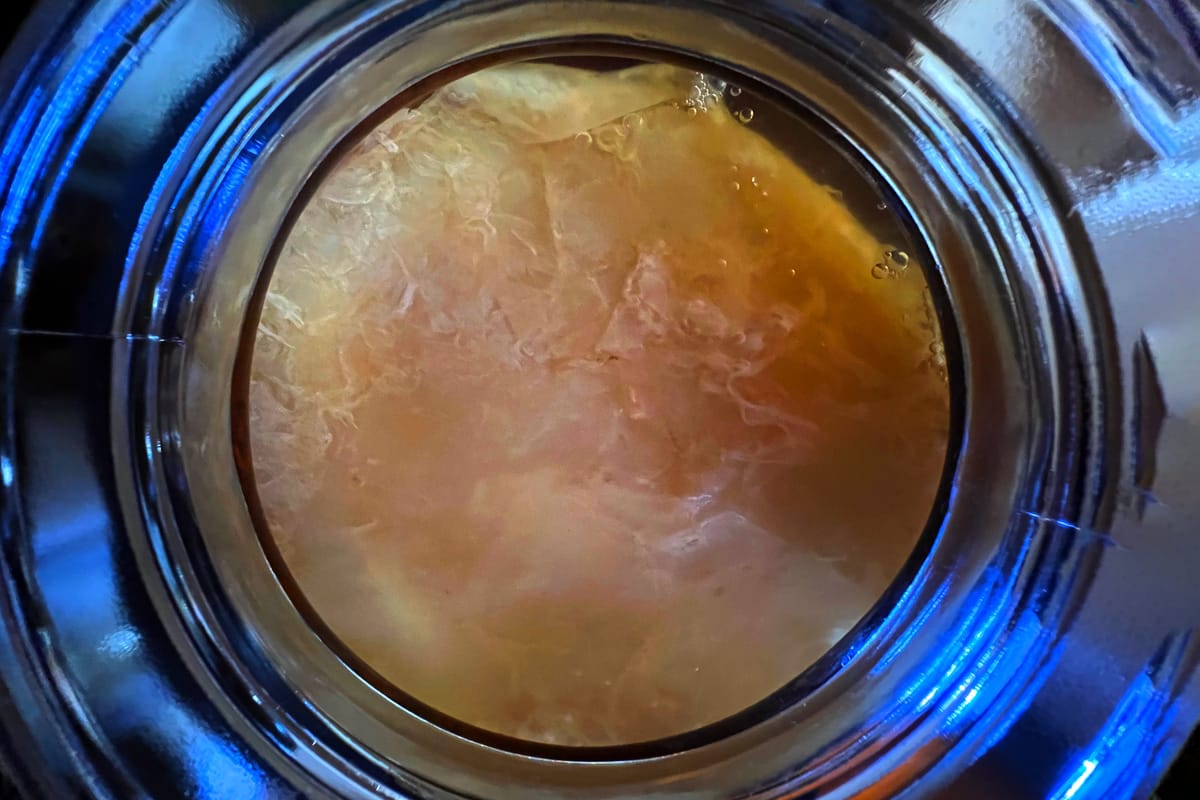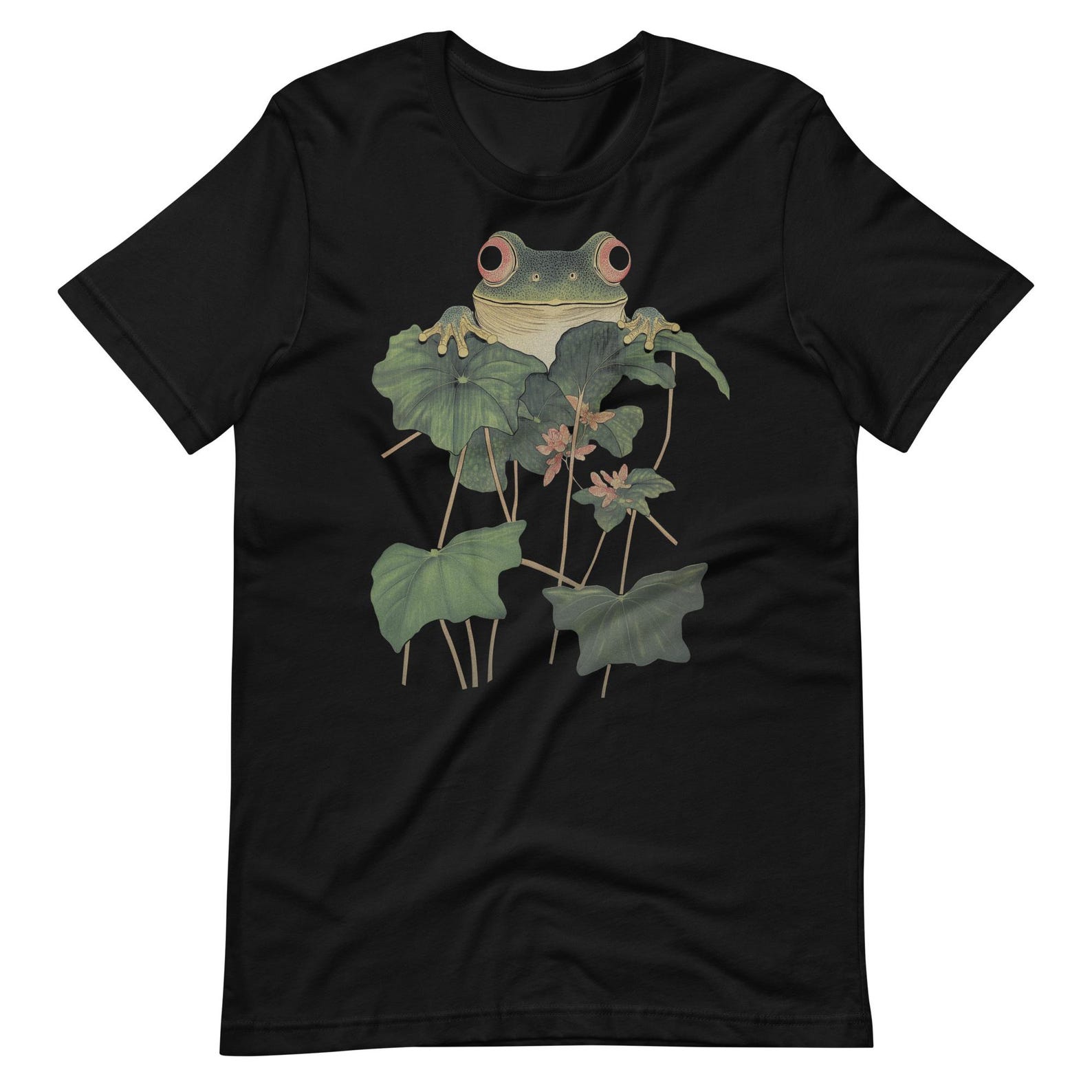The origins of Kombucha
Uncover the ancient origins of kombucha, a fermented tea with a history as rich and effervescent as the drink itself. From its revered beginnings in China to its modern-day global popularity, kombucha’s journey is a fascinating blend of culture, tradition, and the timeless pursuit of health.

The tea's journey through history
Kombucha, a fermented tea drink that has surged in popularity recently, is far from a modern trend. Its history is as effervescent as the drink, intertwining with ancient legends, cultural practices, and centuries-old traditions across continents. While its origins remain somewhat clouded by time, the story of kombucha offers a fascinating glimpse into the past and the enduring human quest for health and vitality.
The mysterious beginnings in the Far East
The exact origins of kombucha are uncertain, but the most widely accepted theory traces it back over 2,000 years to ancient China. It's believed that kombucha emerged during or before the Qin Dynasty (around 221 to 206 BCE), where it was revered as the "Tea of Immortality." This title reflects its high esteem, as it was believed to aid digestion, boost energy, and promote overall health, aligning with ancient Chinese principles of balance and harmony.
However, China is not the only contender for kombucha's birthplace. Some theories suggest that the drink may have developed independently in other parts of Northeast Asia, such as Manchuria or Eastern Siberia, where fermenting foods and beverages was also common. The prevalence of fermentation in these regions might explain the simultaneous emergence of similar beverages.
Kombucha is first mentioned in ancient Chinese texts, including the "Records of the Three Kingdoms," a historical document written in the 3rd century CE. The text describes kombucha as a "divine tsche," or "divine tea," and credits it with numerous medicinal properties. Legend has it that kombucha was initially brewed for Emperor Qin Shi Huang, a ruler obsessed with discovering the elixir of life. Although the emperor never attained immortality, the drink has indeed enjoyed a long life, surviving the rise and fall of dynasties and spreading across the world.
The spread to Japan and beyond
Kombucha made its way from China to Japan, likely around the 5th century AD, though the exact timeline remains uncertain. According to folklore, a Korean physician named Kombu introduced the drink to the Japanese Emperor Inkyo. The emperor, reportedly suffering from digestive issues, found relief in the fermented tea, leading to its adoption in Japan. The drink was named "Kombu-cha," with "cha" meaning tea in Japanese, after the doctor who supposedly introduced it.
The Japanese embraced kombucha not only for its health benefits but also for its refreshing taste. It became integrated into traditional Japanese medicine and was consumed by samurai warriors before battle to boost energy and vitality. Despite the mythical origins, kombucha's popularity in Japan is well-documented and has remained a part of the culture ever since.
The journey to Russia and Europe
Kombucha's westward journey continued into Russia and Eastern Europe by the late 19th or early 20th century. In Russia, it was known as "Tea Kvass," distinct cousin to "Cabbage Kvass," reflecting the cultural importance of fermentation in Russian cuisine. The Russian people, familiar with fermenting various foods and drinks, quickly adopted kombucha as a home remedy for digestive issues and inflammation.
Kombucha spread across Europe from Russia, gaining popularity after World War I. It became known by various names, such as "Heldenpilz" (hero mushroom) or "Fungus Japonicus" in Germany, where it was often associated with health and vitality. The drink's spread throughout Europe during this period is a testament to its appeal and the fascination with natural remedies that persisted across different cultures.
The 20th century and the Western world
Kombucha's rise in the Western world began in the mid-20th century. During the 1960s and 70s, the drink caught the attention of health-conscious communities in Europe and the United States. The countercultural movements of the time, emphasising natural living and alternative medicine, embraced kombucha for its purported detoxifying and energising properties.
By the 1990s, kombucha had entered the mainstream health food market in the United States. It was no longer just a homemade remedy passed down through generations; it was now bottled and sold in health food stores, often alongside other natural and organic products. The drink's popularity skyrocketed in the early 21st century, fueled by the growing interest in gut health and probiotics. Kombucha's effervescence, slightly tangy flavour, and health claims made it a hit among consumers seeking healthier alternatives to sugary sodas.
Kombucha today: A global phenomenon
Today, kombucha is a global phenomenon. It is brewed and consumed in various forms worldwide, from small-batch artisanal producers to large-scale commercial operations. While the basic process of fermenting sweetened tea with a symbiotic culture of bacteria and yeast (SCOBY) remains the same, modern variations abound. Flavoured with fruits, herbs, and spices, kombucha comes in an array of flavours, catering to diverse tastes.
However, while kombucha may be celebrated for its potential health benefits, it's essential to approach these claims cautiously. Research into kombucha's health effects is still ongoing. While some studies suggest benefits similar to those of probiotic supplements — such as supporting a healthy immune system and preventing constipation — there is not enough evidence to substantiate many more extraordinary claims, such as preventing cancer or lowering blood pressure. Furthermore, improper brewing practices, such as using ceramic pots with lead glazes, have led to lead poisoning due to the acidic nature of the tea, which causes lead to leach from the glaze.
In short, kombucha is a drink steeped in history but not without its risks. Pregnant or breastfeeding women, individuals with weakened immune systems, and those with specific health concerns should avoid kombucha or consult a healthcare provider before consuming it. For others, kombucha can be an enjoyable beverage — if it comes from a trusted source and is consumed in moderation.
A link to the past and a taste of the future
Kombucha may be trending now, but its roots stretch back to ancient times, likely originating in China and spreading along the Silk Road to other parts of the world. Its journey from the "Tea of Immortality" in ancient China to a global health trend today is a testament to its enduring appeal.
In essence, kombucha is more than just a drink — it's a link to the past, a testament to the enduring human quest for health and vitality. From the emperors of ancient China to modern health enthusiasts, kombucha has bridged centuries and cultures, bubbling its way into the global consciousness.
Closing Note: The origins of kombucha, like the drink itself, blend fact and folklore. While we may never know the full story, the rich history of kombucha adds depth to every sip. Whether you drink it for its potential health benefits, unique taste, or as a refreshing alternative to other beverages, kombucha's story is worth savouring.












